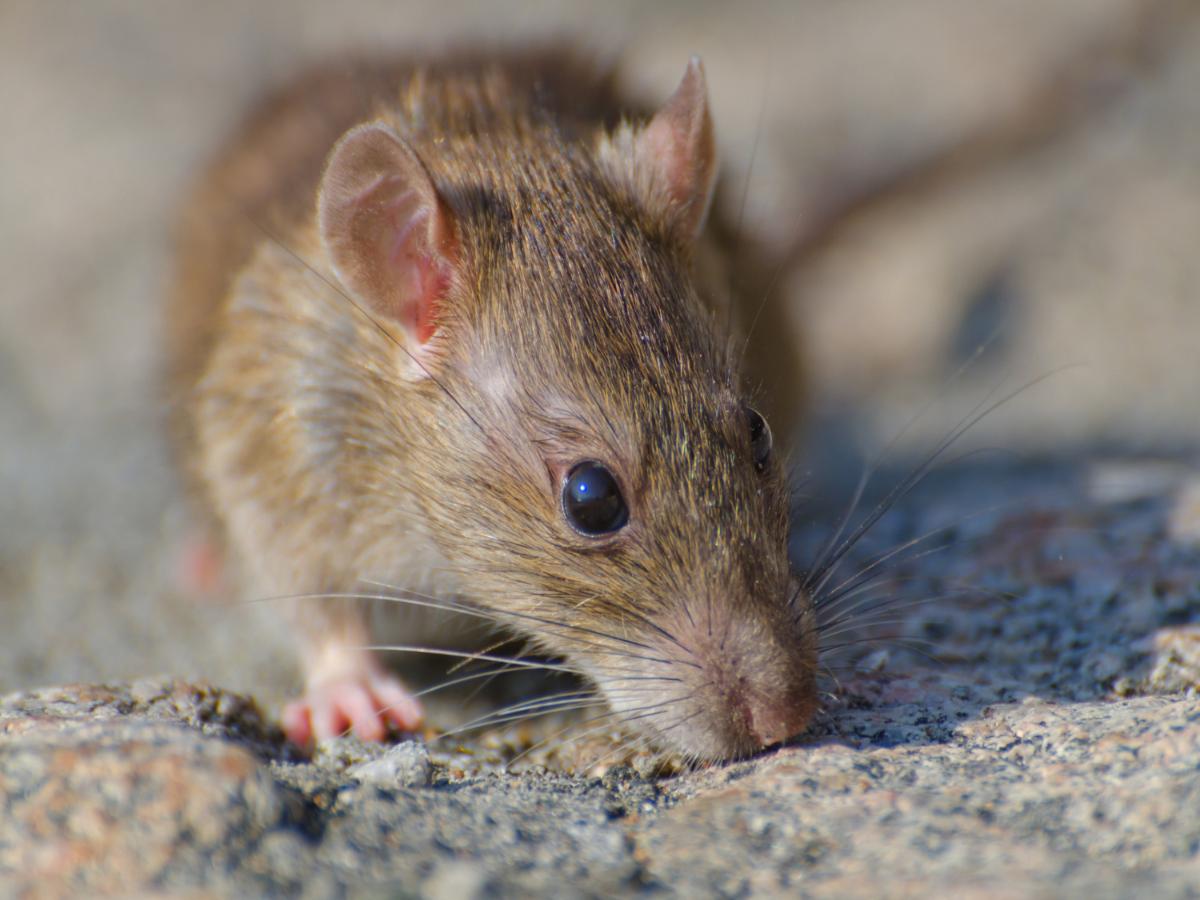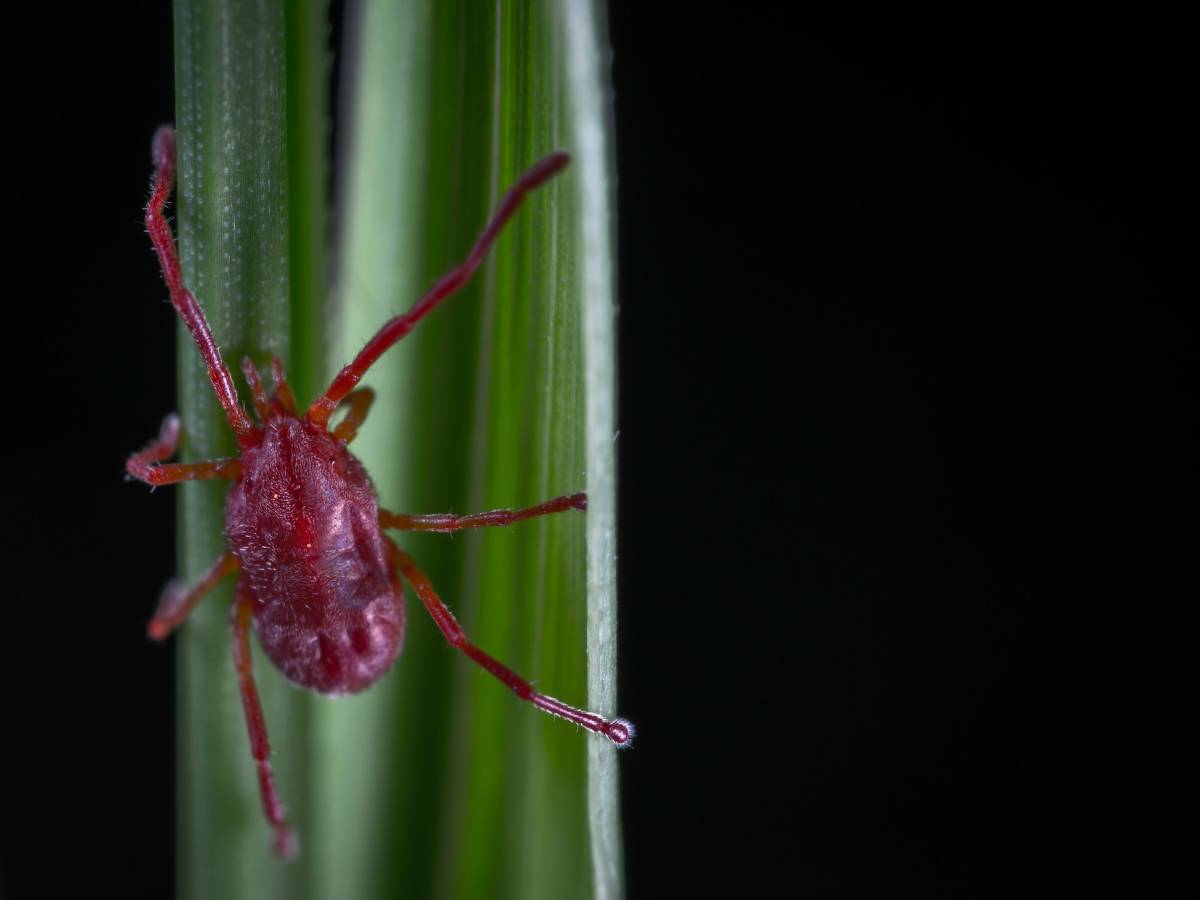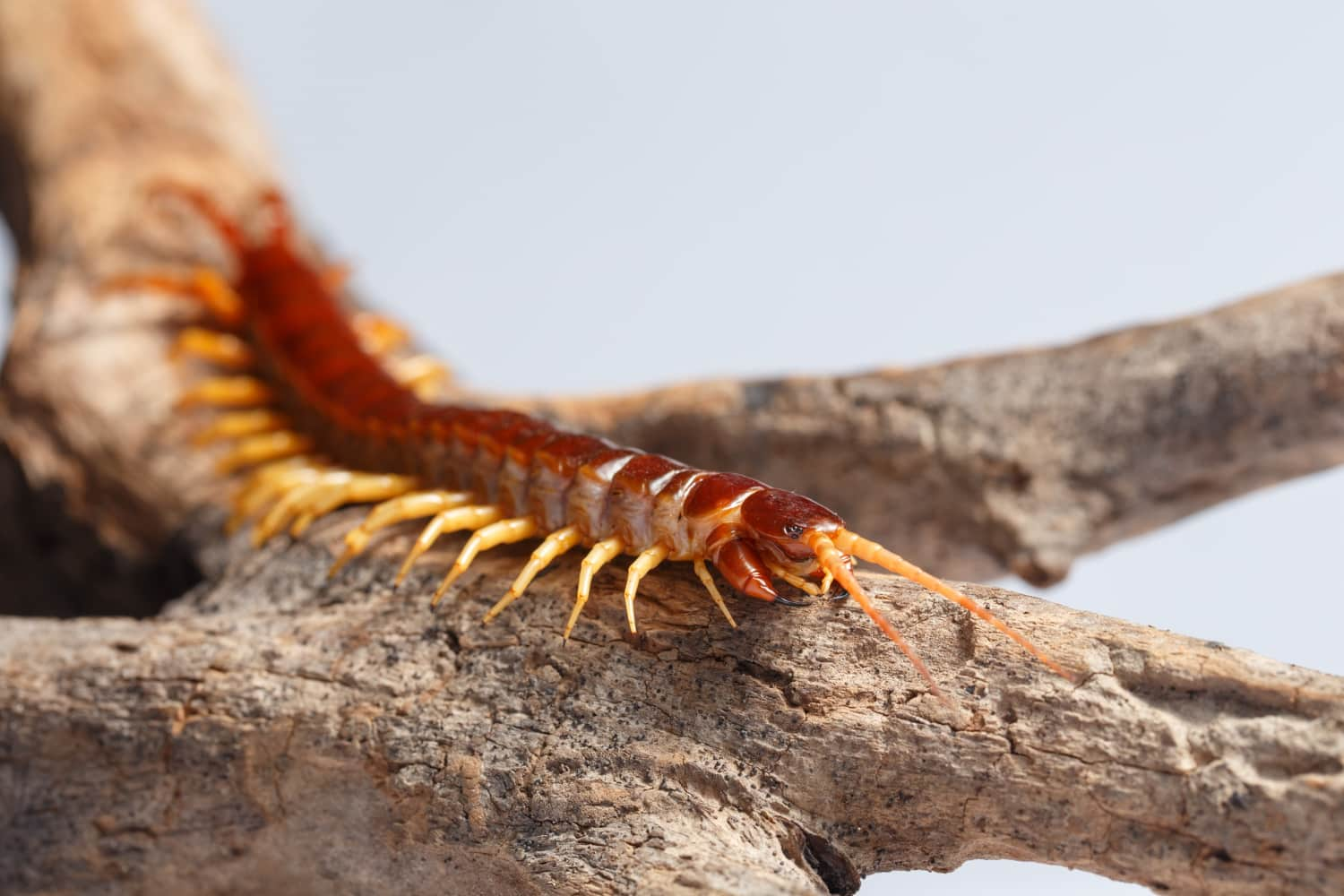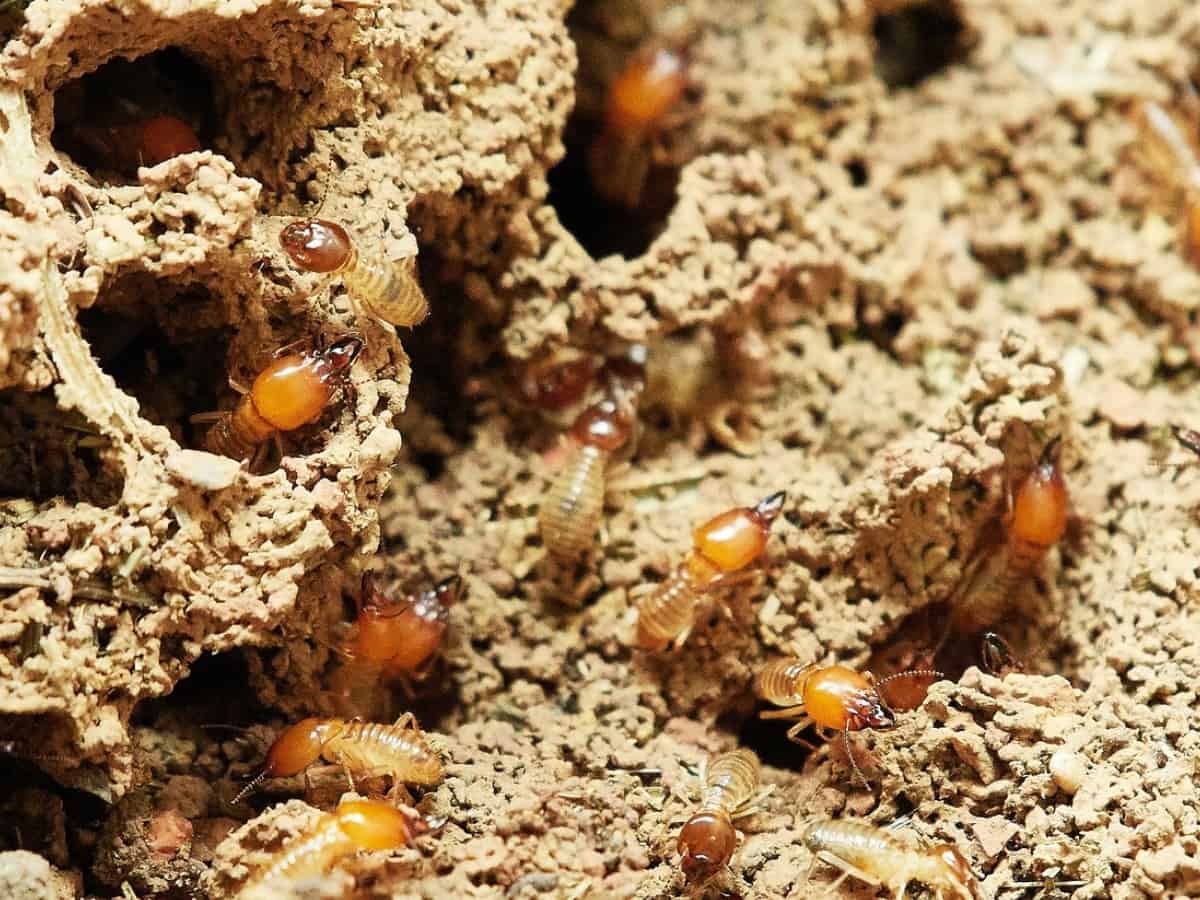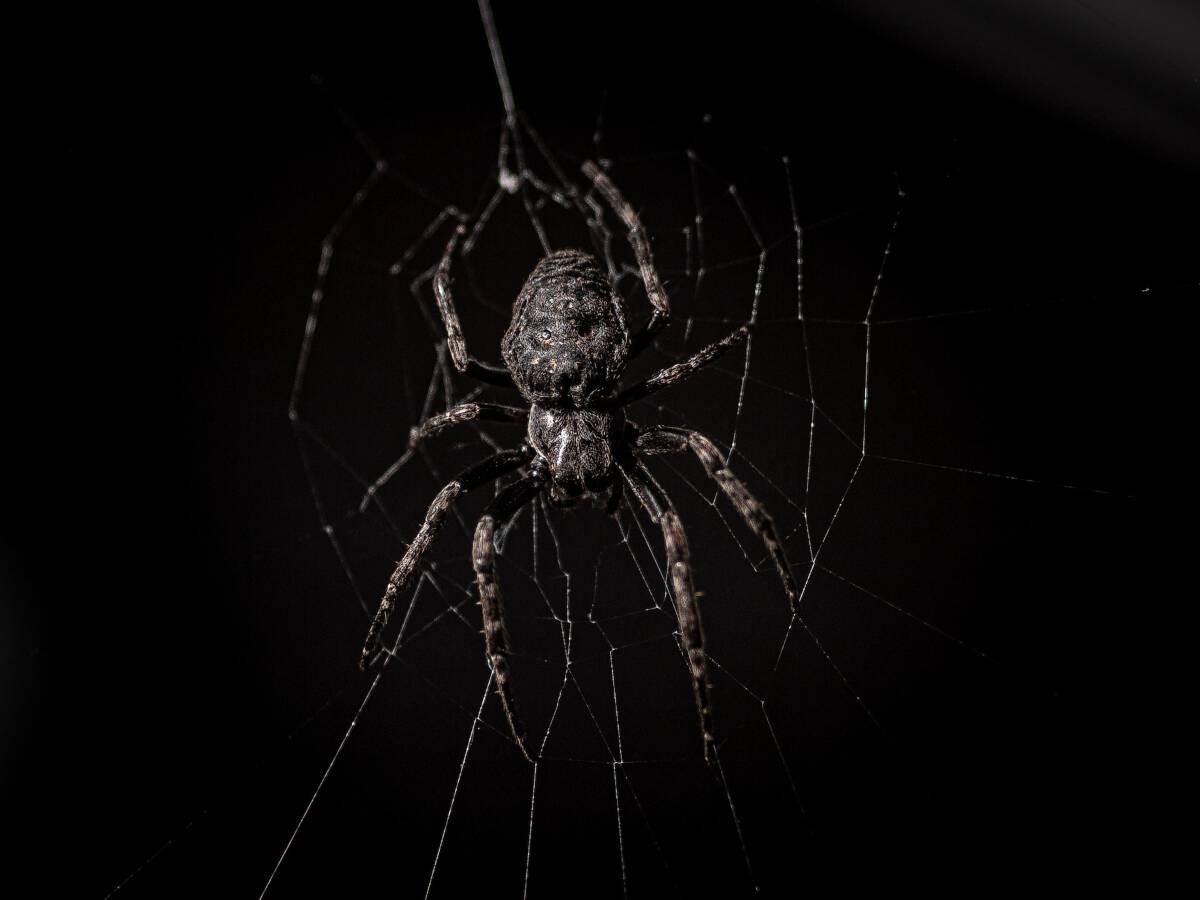Rats are a reality of urban life and have always existed in cities. Many diseases can spread because of them, either directly through contaminated food or indirectly through rodent fleas and mites. Through their gnawing, they can also harm infrastructure.
Unfortunately, it’s not unusual for rodents to look for warmth and cover within your property. Given how quickly rodent populations can grow, it’s important to address the infestation as soon as possible to prevent it from getting out of control. However, since rodents typically only come out at night, identifying an infestation can be difficult.
How then should one detect a rodent infestation? We will answer this question and provide you with signs of a rodent infestation in this blog post.
Most Common Signs of a Rodent Infestation
Due to their small size, nocturnal habits, and tendency to avoid humans, live rats and mice are rarely observed in infestation cases. That does not imply, however, that they do not leave behind signs of their activities.
It’s essential to identify the symptoms of a rodent infestation to act quickly and stop additional damage. Knowing the typical signs will help you spot a possible rodent issue early on and, if necessary, seek professional help.
Check for these typical indications that rodents are living in your house:
Presence of Droppings and Urine Stains
One of the most prevalent signs of a rodent infestation is droppings. The most common places to find droppings are under sinks, in cabinets or drawers, along walls, and in concealed spaces. You will find the most droppings where the rodents are feeding or nesting.
Furthermore, rodents can leave urine wherever they go. Urine is a common way for rats to mark their territory and communicate with other rats in their colony.
It’s imperative to contact a professional as soon as you discover droppings because any indication of excrement is unhealthy and unsightly.
Presence of Odors
Larger rodent infestations are often accompanied by a musty, stale smell. Additionally, the urine and feces of rats and mice are highly potent. A persistent, stale ammonia-like stench may be detected if the infestation is large and active. The smell gets stronger as the infestation grows.
There may also be an overpowering, strong smell that infests the area—that of dead mice. Rodents unfortunately often die, leaving behind a pungent and sometimes dangerous stench of rotting corpses.
Presence of Gnaw Marks
Unlike human teeth, the teeth of rodents never stop growing. Without continuous chewing to maintain their strong jaws and level incisors, mice and rats could not survive.
Walls, baseboards, and packaged foods are common places to look for evidence of chewing or gnawing. Additionally, rodents dig tunnels and burrows and enlarge openings with their teeth to allow passage through. They’re known to chew on everything, including baseboards and wiring.
Presence of Nests
Even though they’re typically built in hidden locations, rodent nests are easy to identify thanks to their distinguishing characteristics.
Rodents like to live in untouched places and when building their nests, they often utilize materials like fabric, shredded paper, or dried plant matter. So, make sure you look everywhere for potential rat nests, such as in the attic or beneath the foundation of your house.
Although the nest will be hidden, know that it most probably will be near water and food sources.
The presence of Scratching Noises
You most likely have a few of these nocturnal pests in your home if you’ve been hearing squeaking, running, or scratching noises.
During the dark hours of the night, when they’re most active, rodents hunt and forage for food. They could be burrowing behind walls and joists, or you might hear them scampering around the cabinets or under the floors.
Display of Odd Pet Behavior
Even though our pets seem to be focused on an insignificant spot on the wall, they may be picking up on the scent of a mouse or two that’s hiding in the walls thanks to their keen sense of hearing and smell. Therefore, don’t write off your pet’s sudden curiosity in a specific baseboard crack or air vent.
When you notice your pet pawing at something it had never shown interest in before, grab a flashlight and look around for rodents or mice.
Presence of Allergic Reactions
You may have a rodent infestation if someone in your home is having worsening allergic and asthmatic reactions. The issue might be with the fur and feces of the animals.
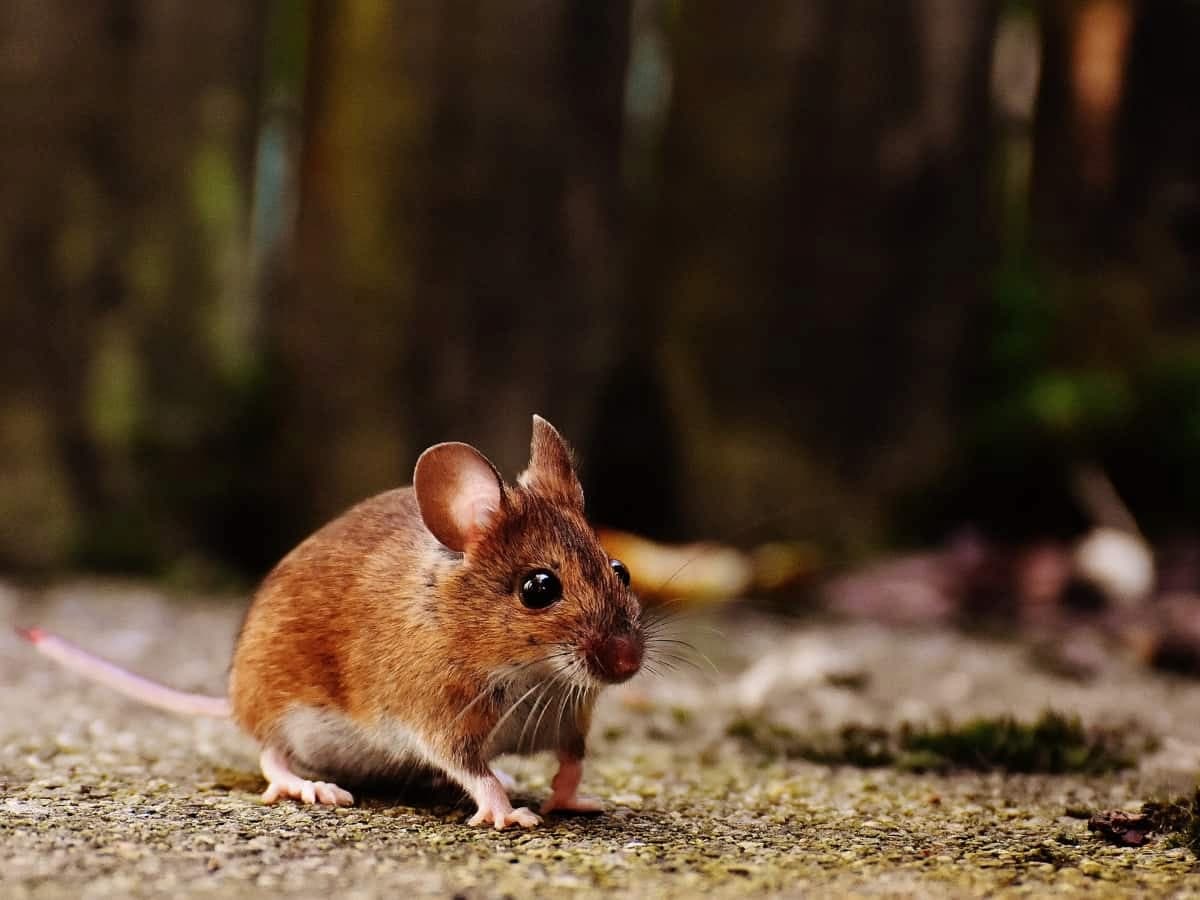
How to Prevent an Infestation of Rodents?
You now understand the most common signs of a rodent infestation. However, what if your goal is to stop it before it starts?
It’s simple: Eliminate their access to things they need to survive. Rodents, like all animals, prefer to live in places where they can find the resources they require. To prevent and permanently reduce rodent activity, sources of food, shelter, and water must be removed.
Tips on Securing Food
- Make use of trash cans with tight-fitting lids and make sure they’re always kept closed. Always keep your garbage inside tightly closed barrels.
- Keep an eye out for indications of rat entry in your trash cans and give them a periodic cleaning to deter rodent feeding. Replace any damaged barrels right away.
- Don’t put food out for stray cats, birds, or other animals. Rats will have access to any food that’s available to other wildlife, giving them a steady supply of food and enabling them to proliferate rapidly.
Tips on Preventing Shelters
- To prevent them from touching the house or other structures, keep outdoor plants trimmed.
- Frequently remove yard debris and trash to get rid of potential burrowing areas.
- Equipment, firewood, and boxes should be kept at least 18 inches above the ground and away from walls.
- Make sure to periodically check the outside of your house for any gaps or openings that might allow rodents or mice to enter, and then promptly seal off these entry points.
Tips on Preventing Rodents’ Access to Water
- Make sure that birdbaths, pet water bowls, and other outdoor water-holding objects are empty before leaving them outside overnight.
- Fix any drips or leaks of water at the AC unit, hoses, and faucets that can result in standing water for a long time.
How to Determine the Size of a Rodent Infestation?
If rodents are only heard or seen at night and not during the day, the population is most likely not very large and can be kept under control with bait and traps.
If you notice a lot of new droppings, gnaw marks, or rodent activity during the day, the population has grown, and you might need to hire a pest control company.
How to Differentiate Between a Rat and a Mouse?
You should find out if you have mice or rats for the best chance of getting rid of a rodent problem.
Because they’re inquisitive, mice will explore anything new. Rats, on the other hand, prefer to avoid unfamiliar objects until they have had a chance to acclimate to them. Their feces are twice as large as those of mice, typically half an inch long and tapering at one end. Mouse feces are thinner and roughly 1/4 inch long.
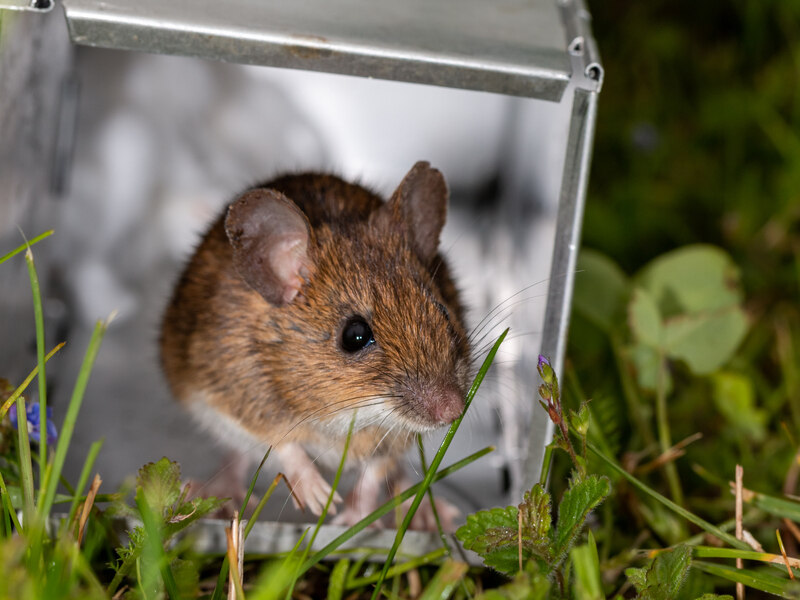
Which Smells Repels Rodents?
The smells that mice and rats find repulsive include garlic, onions, hot peppers or chili powder, cleaning ammonia, bleach, mothballs, white vinegar, used coffee grounds, eucalyptus, peppermint oil, and the scents of predators like cats and raccoons.
The Importance of Eliminating Rodents
Not only are rodents unwanted houseguests, but they’re also particularly unhealthy. Numerous diseases are dispersed globally by rodents like mice and rats. Your family and home are at risk for some very undesirable illnesses if a rodent is left to forage in and around your food.
Also, through their chewing and nesting, rodents can inflict costly and annoying damage to electrical and plumbing systems.
In addition to saving a lot of stress, identifying and eliminating rodents as soon as possible is crucial to preventing infestations from getting harder to manage.
When Does Rodent Activity Often Occur?
Because they’re nocturnal creatures, rodents are most active at night and in the morning. If they’re fighting for food during the day, it can indicate a significant infestation.
Can Rodent Infestations Make You Sick?
Rodents can indeed make you sick. They are known disease carriers and an infestation can become dangerous for your health. They spread a variety of diseases and can contaminate food with bacteria like salmonella. Trichinosis, rickettsial infections, typhus, and leptospirosis are among the illnesses available.
What to Do in Case of a Rodent Infestation?
To properly handle the issue, contact a licensed exterminator as soon as you notice any signs of rodent infestation on your property. Before you sign a service contract, request to see proof of the state license for pest control.


